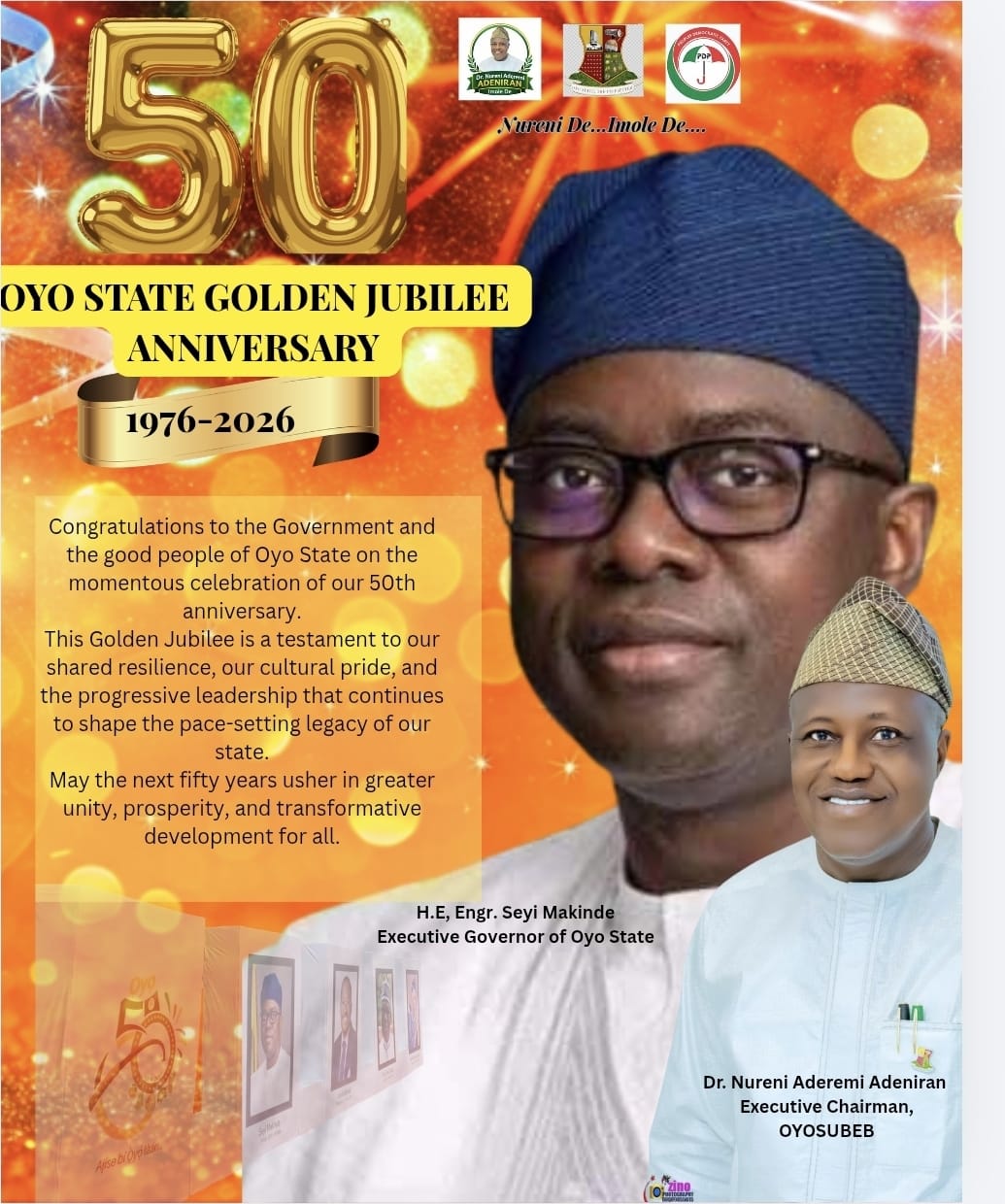Betting in Africa is a real phenomenon for investors from Western countries. Not only the fact that the population in Africa is more prominent than in Europe and North America, but the overall love for sport contributed to the growth of the betting industry. Now, there are a lot of ventures that have been founded over the last decade. The development of technologies and their accessibility caused the popularization of betting in Africa. It is also necessary to say that the COVID-19 pandemic made Africans use technologies more, and online wagering was not an exception.
Nevertheless, this business goes along with many mental, social, and even political issues. And not all of them are adequately regulated. In this article, we will explore law-related aspects of betting in Africa and outline how different problems produced by betting have been managed to date. To learn more about the impact of wagering, you can read related articles on Betting Africa.
Betting Problems: Social and Economic
First, many countries consider betting a form of neocolonial regulation imposed by developed countries. For example, horse racing is a product of French culture, while football is English. This is similar to the legislation when the same law practices were taken from France or the United Kingdom. That is why African citizens understandably tend to filter all the things associated with colonial dominance strictly. It is not a surprise that gambling has some of these characteristics, as business profits leave the countries and contribute to the economies of the developed countries. And thus, these businesses get embedded in global markets and infrastructure.
Over 40% of the population in Sub-Saharan Africa lives below the poverty line. Bombarded with online betting platforms, people would address betting as a way to gain money efficiently. But eventually, they lose their savings and get trapped in a debt loop.
The growth of the wagering business caused gambling addiction and health-related harm. We found out that 10% of adolescent respondents from Ethiopia have gambling issues. Schoolboys often tend to get less interested in studying as they get obsessed with wagering. This social problem exists due to the poorly managed standards of betting companies.
Regulation of Betting in Different Countries
Taking a thorough look at the research made by the journal of the Royal Society of Public Health, we found out that in 41 of 49 sub-Saharan African countries, betting is legally regulated. This means there could be no regulation in other countries, or it is completely prohibited. For example, it is banned in Burundi, Eritrea, Mali, Somalia, Sudan, Mauritania, and Bissau. And in those where gambling is legal, only 39% control the government department.
Despite its disadvantages in Africa, betting is well-set in some countries. We often see the prevalence of state-sponsored lotteries and horse racing in some French-speaking countries.
Betting Regulation in African Countries
Nigeria is an excellent example of well-designed legislation. Here, lotteries are regulated by the National Lottery Act of 2005. 2011, the government released the Money Laundering Act, which determines the legal norms, penalties, and measures. At the moment, there are no updates to this legislation. And that is for a reason, as many Nigerian-based online betting companies exist. All of them are well-adjusted and provide Nigerian punters with good-quality betting options.
Kenya also advanced in gambling regulation, as in 1966 the Betting Lotteries and Gaming Act set wagering laws. Due to the release of this law, the Betting Control and Licensing Board gained more control over wagering regulations and betting establishments.
Unlike in Kenya, where the Gaming Authority holds the gambling regulation, in Congo, it is done by the government. It means that if there is no exceptional establishment, it does not mean that this sphere is not controlled.
An excellent example of gambling management is harm-reducing strategies. For instance, the legal age for betting in Uganda is 25 years. Due to that, a person would be more mentally mature for wagering and less likely to get addicted to this activity.
In Mauritius, the government did an excellent job controlling the advertisement policies and reducing ad dominance. People are less exposed to gambling imposition.
In Malawi, special counseling services can support people with gambling addictions.
Why Is Gambling Poorly Regulated in Some Countries?
As a matter of fact, we often notice that in some countries, wagering is not appropriately regulated. This could be the byproduct of bribery and corruption in some African countries. As a result, these social and economic problems are progressing. We should also state that some unscrupulous sportsbook companies, in pursuit of profit, abuse those gaps in the African gambling market and aggressively push their products to punters.
Ways to Improve Betting Regulation
Despite the prejudices, African countries should borrow the regulatory practices of wagering from the more mature markets of Britain and France, where there have been some beneficial changes in betting policy.
- The legislation should be better designed to regulate the wagering business.
- With the help of financial education, people will be more aware of this industry.
- Developing campaigns that can mitigate the harm of gambling is also a significant requirement.
- Cognitive behavioral therapy is an advanced tool for solving the gambling problem.
As we can see, a lot of work needs to be done, but we stress the necessity of these changes for the best improvement of betting and African social status.
In Conclusion
In general, Africa’s gambling market is a great playground for investors from other countries. Nevertheless, we may notice that this business is getting more autonomous, with many native wagering services. As the industry grows, many socio-economic problems appear. In some countries, when it is properly regulated, the harm is reduced. But still, a lot could be improved and refurbished. There are various tools to change the situation; a great example is a well-designed campaign informing people about gambling issues or stricter legislation. We hope that those practices will be applied everywhere in Africa.






















